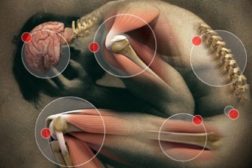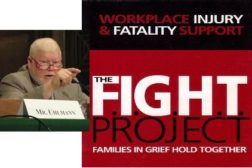Psychology in the Workplace
Some evidence points to positive effects of positive emotions
Read More
Volunteer your way to better health
No benefits, though, if your reasons are selfish ones
September 8, 2011
Playing highly competitive video games may lead to aggessive behavior
The truth is in the hot sauce
September 6, 2011
The great challenge confronting EHS pros
It’s communication — is your message getting through?
September 1, 2011
Never miss the latest news and trends driving the safety industry
eNewsletter | Website | eMagazine
JOIN TODAYCopyright ©2024. All Rights Reserved BNP Media.
Design, CMS, Hosting & Web Development :: ePublishing










